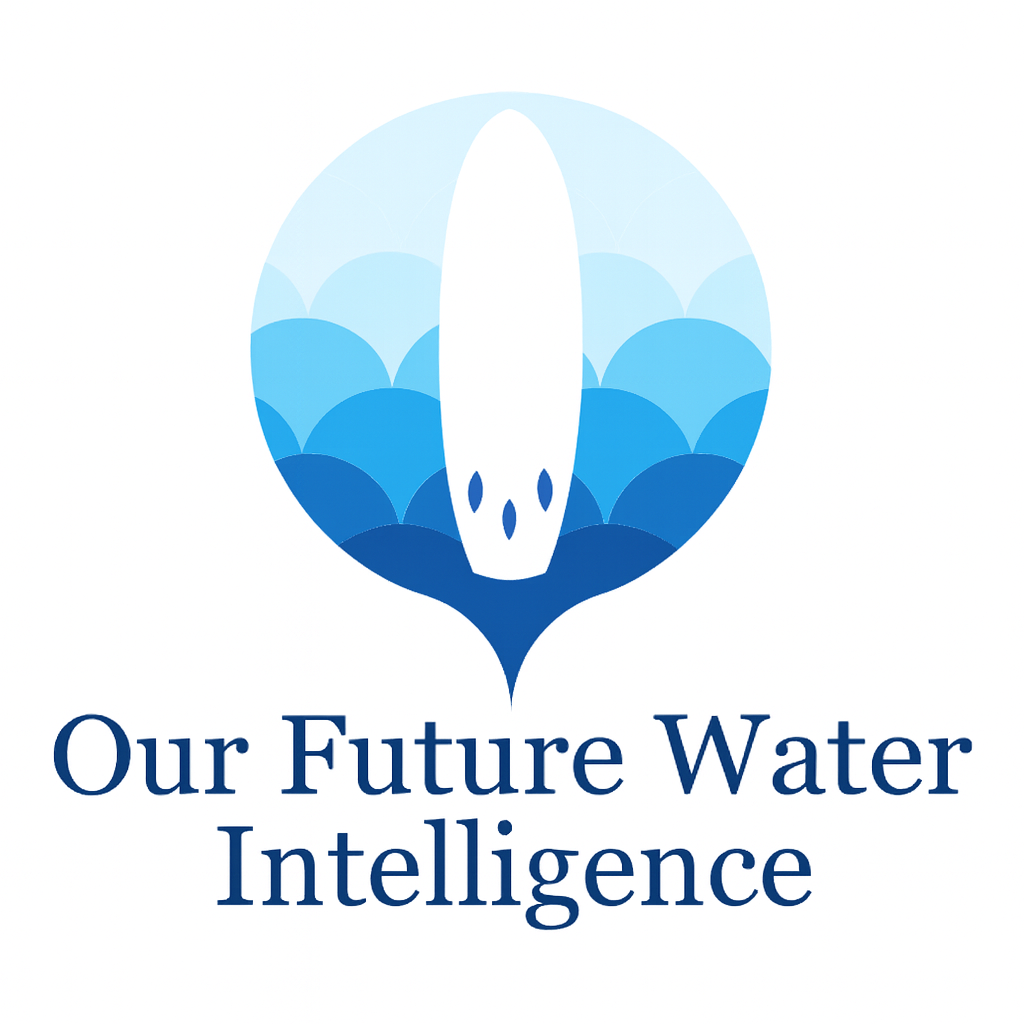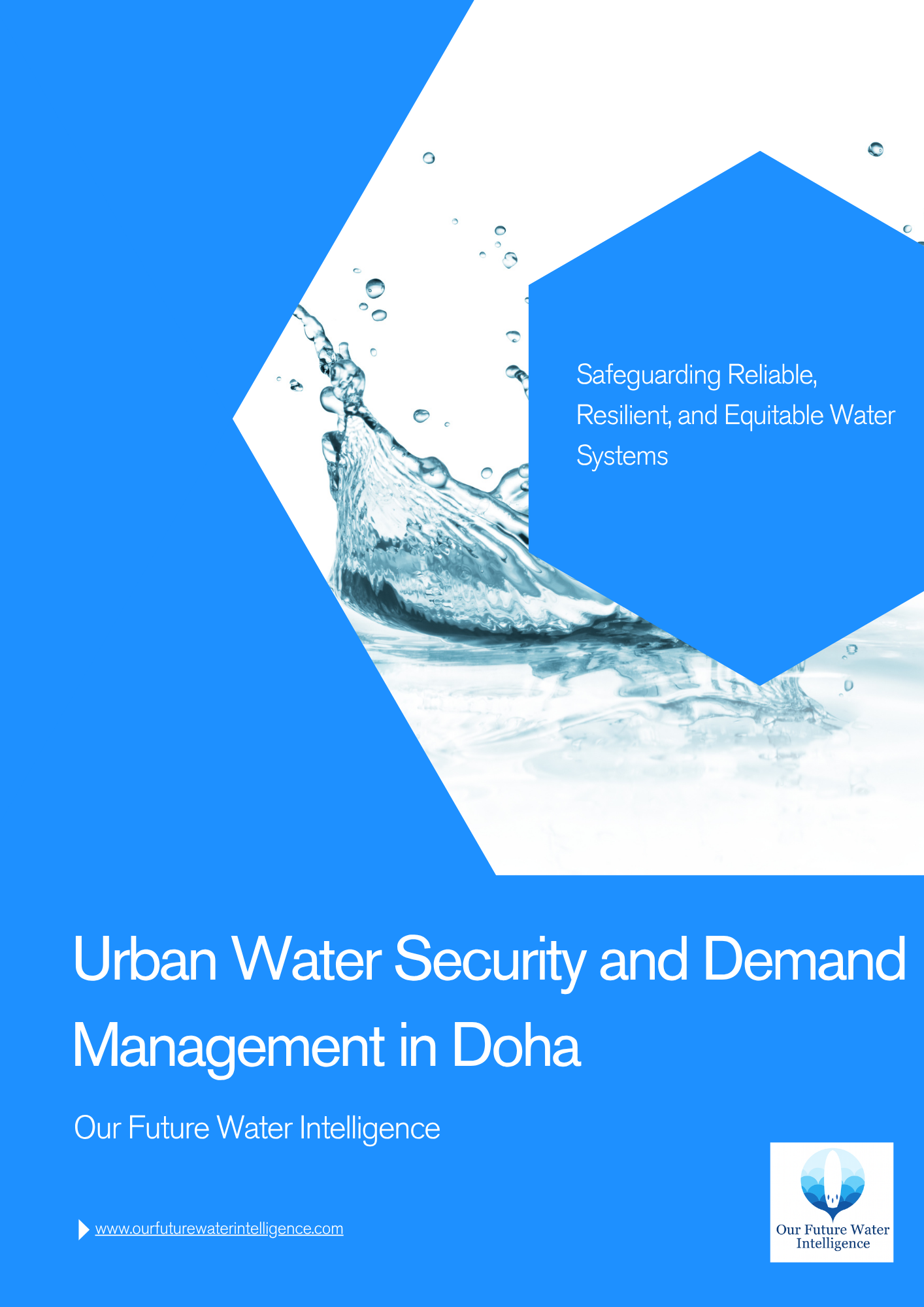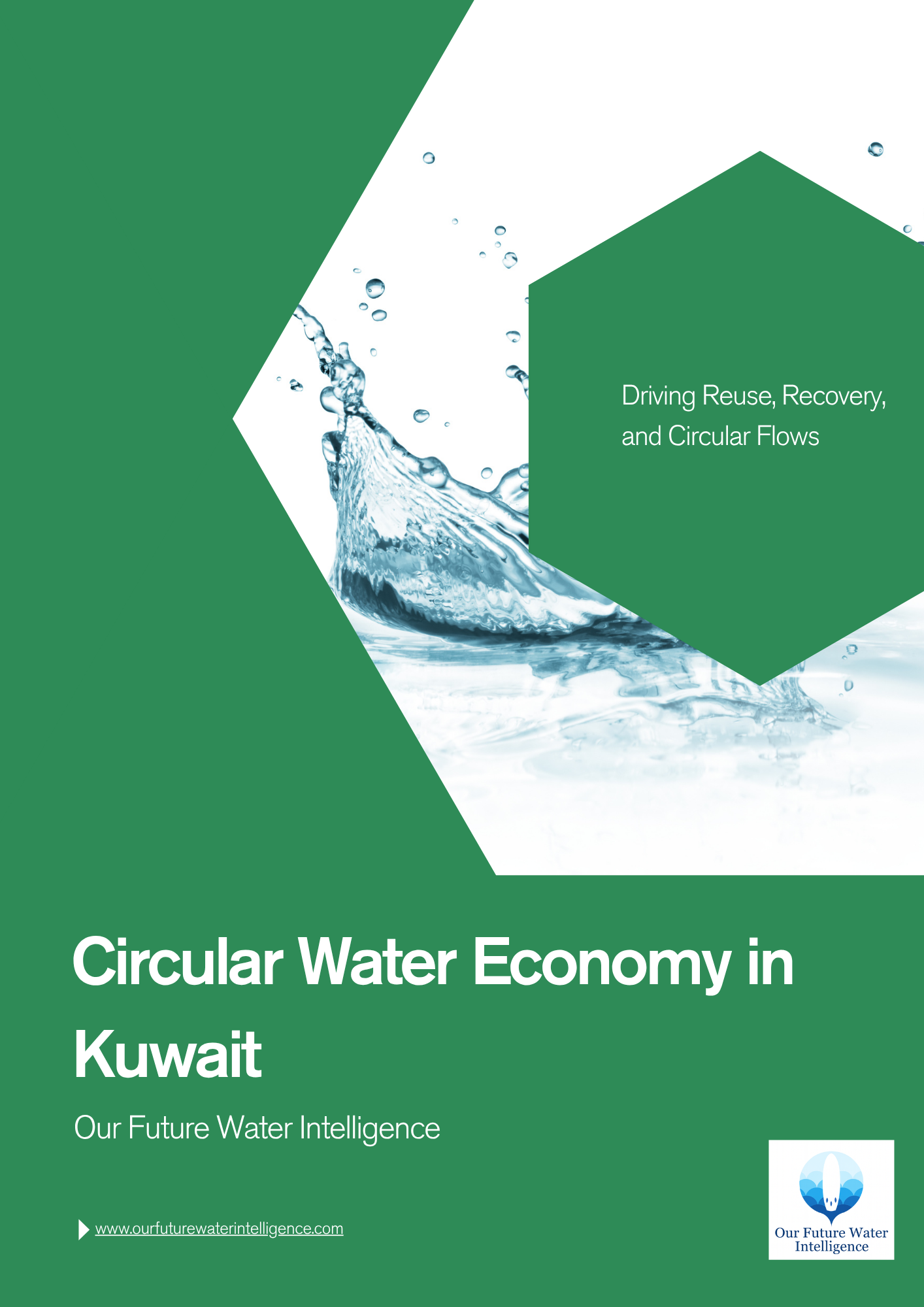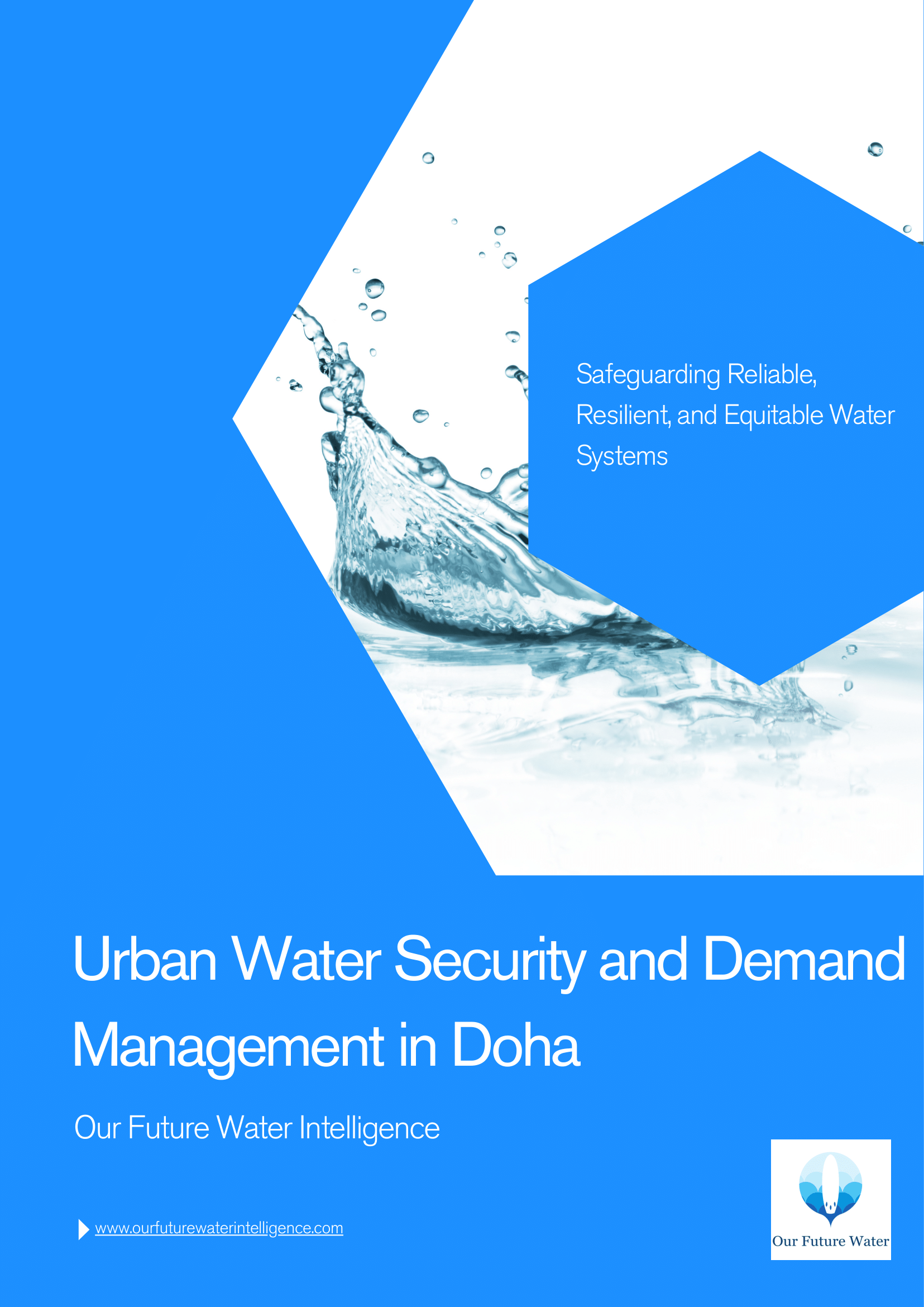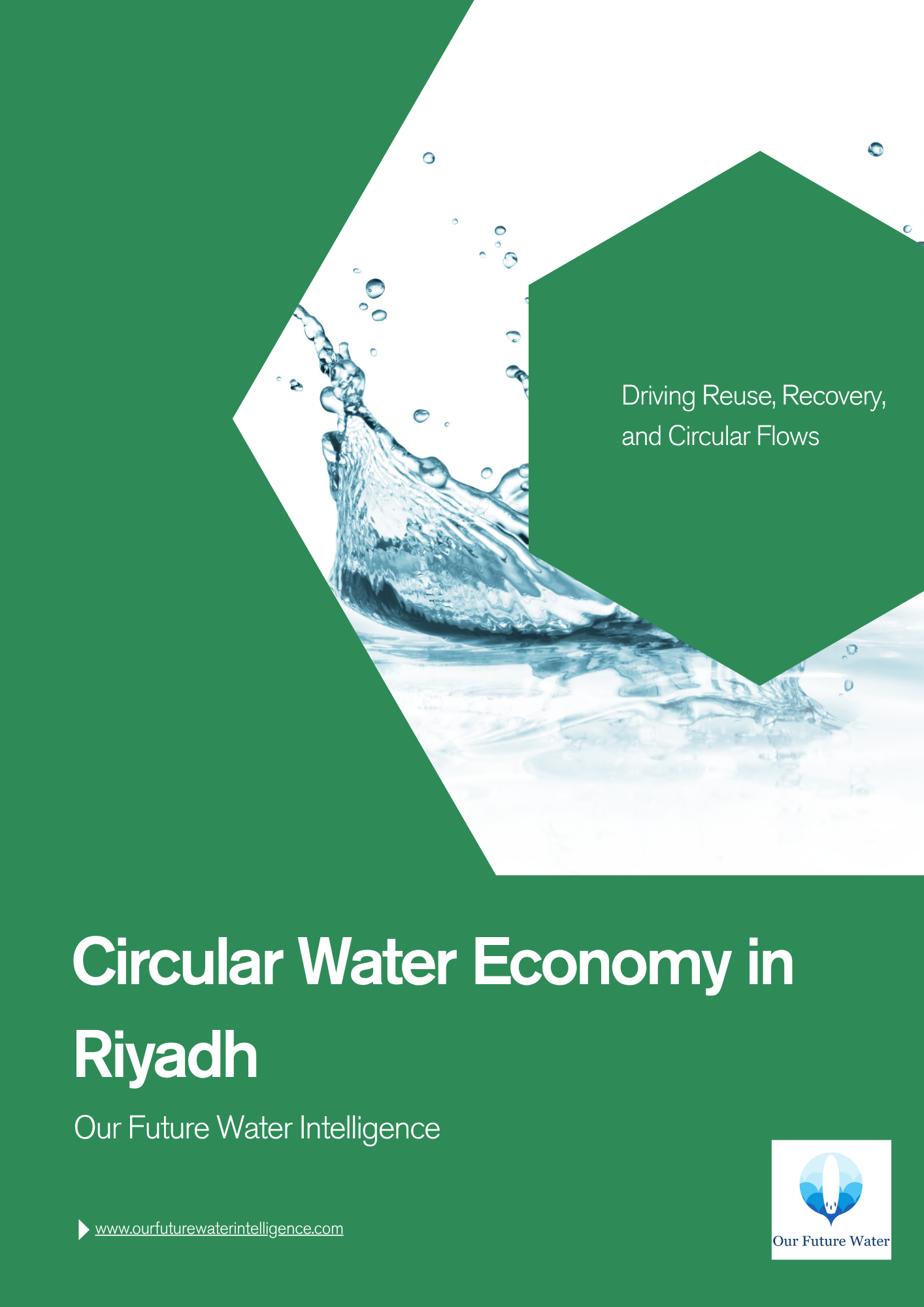Urban Water Security and Demand Management in Doha | Qatar’s Smart Path to Sustainable Water Efficiency
Urban Water Security and Demand Management in Doha delivers a data-driven, evidence-based analysis of how Qatar’s capital is reshaping water management for long-term sustainability and resilience. In one of the most water-stressed environments globally, Doha is pioneering integrated approaches that combine smart technologies, regulatory innovation, and public engagement—fully aligned with Qatar National Vision (QNV) 2030 and the National Program for Conservation and Energy Efficiency (Tarsheed).
Key Insights
Understand Doha’s Water Realities
With desalinated seawater supplying nearly all municipal demand and renewable freshwater resources at just 22 m³ per capita, Doha faces severe scarcity and high energy intensity. Despite these constraints, per-capita water use has declined to 190 m³/year (2023), reflecting strong conservation efforts and digital management tools.
Explore Strategic Efficiency Gains
Demand-management policies under KAHRAMAA’s Tarsheed program have driven significant efficiency improvements—reducing technical water loss to below 6% and optimizing network performance through smart metering, leak detection, and real-time monitoring.
Examine Reuse and Alternative Supplies
Treated Sewage Effluent (TSE) use for district cooling reached 16.3 million m³/year, achieving 98% potable water savings versus conventional cooling. Expanding reuse and greywater recycling could save Qatar between QAR 14.4–43.2 million annually in desalination and treatment costs.
Assess Digital Transformation
More than 420,000 smart water meters are being deployed to deliver precise consumption data to customers via the MyTarsheed app, empowering users to track and reduce use. Integration with the National Water Control Center (NWCC) enables advanced leak detection and operational optimization across the network.
Discover Policy and Governance Evolution
Through progressive tariff reforms, strict building-efficiency codes, and public engagement, KAHRAMAA embeds conservation into institutional frameworks and individual behavior—promoting a national culture of water stewardship.
Evaluate Ecological and Infrastructural Resilience
Projects such as the KAHRAMAA Awareness Park (KAP) exemplify sustainable infrastructure—featuring LEED-certified design, efficient irrigation, and public education programs that foster community-wide awareness and participation.
Gain Insight into Future Pathways
Doha’s roadmap emphasizes scaling reuse, advancing renewable-powered desalination, and deepening digital integration to achieve full transparency, accountability, and long-term resilience.
Designed for policymakers, utilities, consultants, and investors, Urban Water Security and Demand Management in Doha provides actionable intelligence for strengthening efficiency, reliability, and sustainability in one of the world’s most resource-constrained urban environments.
